The Truth About Steroids: Your 101 Guide To Managing Its Side Effects
What comes to mind when we say steroids? Are you visualizing muscular bodybuilders and athletes taking pills or injecting anabolic steroids to build muscles and enhance performance? These are not the steroids we are talking about.
What you read next is for people who are administered steroids by their doctors for medical conditions, whether it is an autoimmune condition, recovery post transplant, or other critical ailments.
Steroids, also known as corticosteroids, are powerful medications with potent anti-inflammatory and immunosuppressive properties, used for various medical conditions ranging from autoimmune diseases to inflammatory disorders. They effectively reduce inflammation, alleviate symptoms, and improve a patient’s quality of life.
So, can steroids be life-saving? Absolutely. These are highly effective in calming down a highly flared-up immune system and managing cytokine storms when administered the right way. But do they come with side effects? Yes, they do.
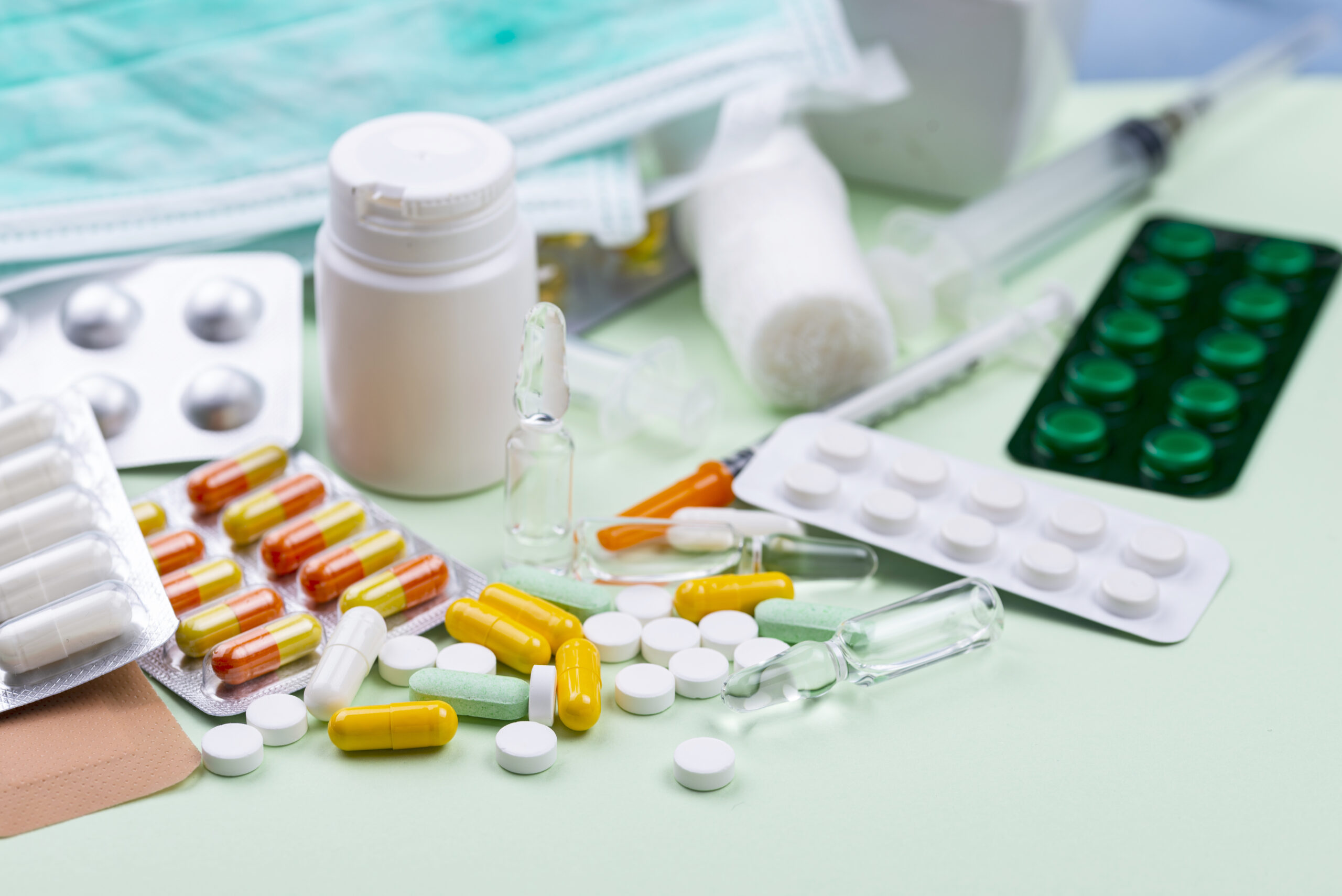
We have come across several cases where people start thinking that they need to live with the side effects of steroids. They are terrified to the extent that they stop their treatment in between without telling the doctor. Know this is the worst mistake you can make and a major knowledge gap. Please understand that steroids need to be tapered.
Yes, there is a side effect because of the nature of the drug. But when we decode how the drug works and what it is depleting from our bodies, which may be causing the side effects, we have a solution to manage those side effects.
This is the principle of Integrative and Lifestyle Medicine. We always focus on finding out the root cause of why you are sick while you take your treatment and handle the side effects of these with the power of lifestyle.
Truth Bomb: Every drug comes with a side effect.
What is a side effect? A side effect is caused when that drug is either depleting a vitamin or a mineral, causing a secondary inflammation in your body. And if you handle it, the drug can work for your symptoms, and you can prevent collateral damage because you are looking after the side effects.
When you are on a steroid, the hypothalamus of the brain and the pituitary gland, two important and integral components of stimulating the adrenal gland and producing cortisol are suppressed. This, in turn, produces less cortisol which leads to a whole load of other problems. This is why those on steroids need to have a preventive approach to a host of conditions.
What are some common side effects of being on steroids?
- Muscle fatigue and weakness
- Muscle wastage
- Joint pain and muscle tenderness
- Low-grade fevers
- Immunosuppression and increased susceptibility to infections
- Gut issues/gastrointestinal issues such as gastric bleeding and ulcers
- Bone thinning (osteopenia or osteoporosis)
- Mood changes and fluctuations in hormone levels
- Increased blood pressure and blood sugar levels
- Eye-related complications
- Depletion of essential vitamins and minerals
Steroid withdrawal syndrome
Does this mean you should stop taking steroids against your doctor’s advice? No. Never stop your steroid on your own. If you do, you may go through what we call a steroid withdrawal symptom. The result? Worse side effects – joint pain, excess fatigue, muscle weakness, and more.
How to manage this?
- Steroids should be tapered off slowly under the guidance of your doctor to minimize withdrawal symptoms and prevent rebound effects.
- Work with your doctors, if it’s not suiting you, to taper down the dose. Don’t stop your steroids midway. Keep your primary healthcare provider in the loop. Adhere to precautions and guidelines for tapering off steroids.
- Your physician will work with you to try to taper your steroid dose, at a safe rate of decrease, depending on how you are doing. This involves decreasing the dosage from higher to lower levels until reaching the minimum limit or stopping point.
How can you manage all of the common side effects of steroids? Let’s break some of these down.
Immunosuppression/Infections:

Have you noticed how people on steroids are advised not to go into crowded areas? It is because your immune system is compromised, and you are more susceptible to viruses, germs, and pathogens.
Steroids are immunosuppressive in nature. What does this mean? They work by inhibiting the immune system, which is effective in autoimmune disorders, where an overactive immune response harms your body. One side effect is an increased risk of fungal, viral, and bacterial infections.
How to manage this?
- Prioritize nutrient-rich foods that support immune function, such as fruits, vegetables, and lean proteins (Scroll to the bottom for a list of foods)
- Ensure adequate sleep, stress management, and relaxation techniques. It is not a good idea to be on an immunosuppressant and be sleep-deprived.
- Movement or exercise is an integral part of your immune system. Do not overtrain or undertrain. Adopt a regimen that suits your body type. Cardio, challenging your muscles and a mix of anaerobic and aerobic exercises – is great for your immune system.
- Engage in activities that promote relaxation, such as meditation or yoga.
- Avoid raw foods, which pose a higher risk of infection, and opt for cooked, well-prepared meals can help reduce the likelihood of infections (particularly for chemotherapy patients or those on steroids)
- In general, patients treated with corticosteroids should be on high-protein and potassium-enriched meals.
- One thing that steals your immunity is junk food and ultra-processed food. So, when you are on steroids, ensure you are eating 95% (if not 100%), clean food that comes from nature.
Gastrointestinal symptoms/Gut Issues

Yes, steroid effects may increase your risk of developing ulcers or even gastrointestinal bleeding, if left unaddressed.
How can you manage it?
- If at all possible, don’t combine steroids with non-steroidal anti-inflammatory drugs (NSAIDs).
- The best time to take a steroid, with your doctor’s permission, is always after a full meal. Make sure you eat a whole meal and then take it. Line your stomach by taking a steroid after a full meal so that you don’t have the side effects destroying your mucosal linings or leading to ulcers.
- Start looking after your gut. Use spices like bishop’s weed (ajwain), fennel seeds (saunf) and cumin (jeera). Or you can use a mix of these. Try our AJS concoction:
- To a liter of boiling water, add the following ingredients:
- 1 tbsp saunf/fennel
- 1 tbsp jeera/cumin
- 1 tsp of ajwain/bishop’s weed
- 1 clove
- A small piece of ginger
Boil until it reduces to half. This can be brewed in the mornings and can be sipped on throughout the day.
- Eat lighter meals post-sunset. Do not overeat.
- Chew your food slowly and well. Digestion starts in the mouth.
- Avoid having heavy late-night meals.
- Avoid spicy foods.
- Keep a gap between your meals of at least 4 hours. This is to ensure, that only when you have finished digesting your first meal, you are ready for your second meal.
- Remember never to eat with guilt or when you’re stressed. When you do this, you are in the sympathetic nervous system and you are not meant to digest food when your body is in your fight or flight response. You need to be in the parasympathetic nervous system for complete digestion and recovery.
- Some superfoods to relieve acidity include fennel, fresh basil, buttermilk, jaggery, lemon water, cloves, cardamom, sabja seeds, cumin, coconut water, licorice, barley grass powder, fiber-rich foods, ginger, banana, and so on.
- Work with your doctor to incorporate prebiotics and probiotics.
- Embrace yoga. Shitali and Shitkari Pranayama, which facilitate cooling breaths; Vajrasana or the Thunderbolt Pose; Chandra Bhedi Pranayama or Left Nostril Breathing.
- Take a 10 to 30-minute walk after every meal.
- When you feel acidic, sleep on your left side instead of your right and elevate your head.
- Manage your stress levels. Use meditation, affirmations, and visualization exercises can help. Remember that your gut is connected with your brain through the vagus nerve.
Bone Thinning/Osteoporosis/Osteopenia

Prolonged use of steroids can also lead to diminished bone density/bone thinning and increase your risk of osteopenia, osteoporosis, and fractures.
How to manage this?
- Go for regular bone density checks.
- Ensure you are not deficient in Vitamin D3 and calcium. Get your levels checked.
- Get your morning sunlight. If your D3 levels are still low, consult your doctor to prescribe a supplement. If the range for
D3 in a reference kit is 30 (being the lowest) to 100 (being the highest), aim to be at 70 to 80. At the same time, you don’t want to overdo it because it can be toxic for your body. Always take supplements under medical supervision. Remember that Vitamin D3 levels reduce quickly. For instance, it can fall from 70 to 50 in three to six months. Imagine if you were already at 30 and you dropped to 10. This can be critical. So keep an eye out for this.
Your bone health is not only about D3 and calcium but also about magnesium and vitamin K. These make your bone density. - Engage in weight-bearing exercises and challenge your muscles with yoga, walking, and strength training. These are particularly beneficial in preserving bone density. The more muscle you have, the stronger your bones. The stronger your bones, the fewer the chances of osteopenia and osteoporosis.
- Cut down or nix smoking if you can. It impacts bone health and is a significant factor in the development of osteoporosis, particularly in individuals undergoing steroid therapy.
- If you’re highly acidic, sort out your acidity problem because acidity also leads to bone thinning.
Fat/Weight Gain/Water Retention
If you’re on a high dose of steroids, you may experience more significant weight fluctuations. Weight gain on steroids could be due to water retention or metabolic changes, among multiple factors.
Differentiate between temporary water retention and long-term fat gain. Just remember this will change once you safely taper off the medication under your doctor’s guidance.
Water Retention
Water retention often manifests as swelling in various parts of the body, such as the ankles, fingers, and face. Additionally, thinning or falling hair may also occur as a result of steroid use. Fluid retention can worsen high blood pressure. Recognizing these symptoms is the first step in effectively managing water retention.
How can you manage this?
- Drinking plenty of water can help flush out excess fluids and reduce swelling.
- Aim to drink at least eight glasses of water per day, unless advised otherwise by your doctor or if you are on a water restriction.
- Try natural diuretics, such as coriander seeds and barley water.
- Waking up in the morning to coriander water. Take a tablespoon of coriander seeds soak them overnight. In the morning, you can boil that, make a little tea, add a dash of cumin and cinnamon for taste, and consume. You can have this coriander water as a diuretic.
Disclaimer: If you’re a kidney patient and you’re not supposed to have that, please check with your doctor. Discuss with your healthcare provider whether incorporating these natural remedies into your diet is suitable for you
- Waking up in the morning to coriander water. Take a tablespoon of coriander seeds soak them overnight. In the morning, you can boil that, make a little tea, add a dash of cumin and cinnamon for taste, and consume. You can have this coriander water as a diuretic.
- Regular physical activity can help improve circulation and reduce fluid buildup.
- Engage in gentle exercises such as walking or yoga to promote lymphatic drainage and alleviate swelling.
Keep track of any changes in swelling or other symptoms associated with water retention.
Fat gain
How to manage this?
- Balance carbohydrates and fats according to your body’s requirements. When you’re on steroids, you feel hungry. So may want to load on carbohydrates which in turn adds to your weight gain and your fluctuating blood sugar levels and triglycerides. Ensure that while your meals have carbohydrates, they are in moderation. Your plate needs to have more complex carbohydrates, vegetables, protein, and fat, so you do not feel hungry. You break the cravings. This will ensure you do not overdo carbs. Don’t forget that carbohydrates also hold onto water in the human body. So be careful of that.
- Focus on good quality fats from nuts, seeds, and healthy oils.
- Try to keep your mealtime consistent. Eat at the same time every single day. If you’re not hungry, eat a smaller portion. Do not overeat. Try to stay away from outside food while you’re on steroids because these are cooked on a high flame and you have no control over the ingredients like the oil, hidden sugars, large amounts of salts, and so on.
- Do not consume excess calories.
- This one is a no-brainer. Want to keep your weight and inflammation in check? Avoid processed and junk food, if you want to keep your weight in check.
- Find a balance between your exercise and your calorie intake.
- Work on building lean muscle.
Elevated Blood Sugar Levels and Blood Pressure
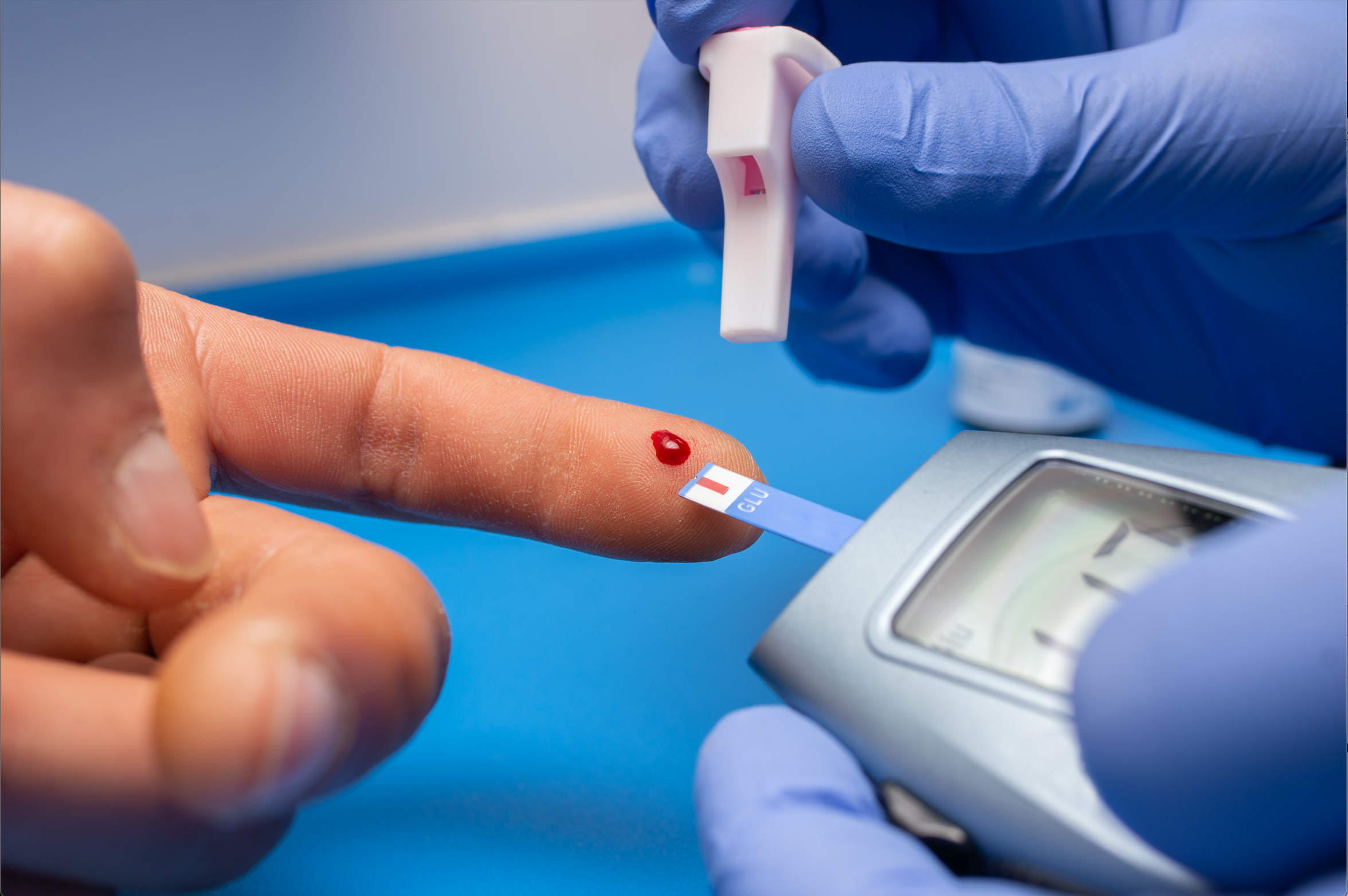
Being on steroids can sometimes lead to increased blood sugar levels and elevated blood pressure. Work with your doctor to monitor your blood sugar and blood pressure levels and manage this effectively. Your doctor may prescribe additional medication to manage elevated blood sugar or high blood pressure. Understand that using medication to control blood sugar or blood pressure during steroid therapy is often necessary to prevent potential complications.
Managing blood pressure issues
- If you are a heart patient, after prolonged use of steroids, you want to get your 2D echo and stress test done.
- Check the quality and quantity of salt. Do not go no-sodium.
- Some excellent foods to manage your blood pressure include beetroot juice, dark chocolate, moringa, basil, flaxseeds, ginger, garlic, onion, celery, cardamom (elaichi), cinnamon, tea (green tea, oolong tea, or hibiscus tea)
- Avoid junk and processed foods.
- Consume tea/coffee in moderation.
- Cut down on smoking and alcohol.
- Adopt smart intermittent fasting under your doctor’s guidance.
- Add potassium-rich foods like green vegetables, nuts, seeds, potatoes, or a glass of sattu.
- Look after your calcium levels.
- Get deep quality and restorative sleep.
- Manage your stress levels.
- Engage in gentle walks for 30-45 minutes daily to prevent high blood pressure.
Managing elevated blood sugar levels
- If the blood sugar levels are borderline with steroids, lowering dramatically, the intake of carbohydrates can often keep a hold on blood sugar levels.
- Go for low-carb, high-protein, and good fats.
- If you have a big meal, add more fiber.
- Have one fruit at a time. Space your fruits out and when having it add nuts to it.
- Slow down, and chew every bite mindfully.
- Check your post-meal blood sugar levels.
- Some functional foods for blood sugar levels include fenugreek, flaxseeds, aloe vera, amla, turmeric, garlic, curry leaves, clove, nuts, seeds, raw/cooked vegetables, lentils, legumes, whole grains, and millet.
- Avoid refined sugar, junk, or processed foods.
- Engage in a daily walk for 30 to 45 minutes, or opt for 10-15 minutes of walking after each meal, aiming for 6 out of 7 days each week.
- Practice specific yoga asanas to help regulate blood sugar levels and enhance circulation, such as Surya Namaskars, Dhanurasana, Paschimottanasana, Bhujangasana, Mandukasana, and Ardha Matsyendrasana.
- Get quality deep sleep.
- Manage your emotional health.
Eye problems
 Prolonged steroid use can lead to symptoms of extreme fatigue in the eyes. Steroids may make your eyes more susceptible to certain conditions, such as glaucoma, cataracts, or optic nerve damage.
Prolonged steroid use can lead to symptoms of extreme fatigue in the eyes. Steroids may make your eyes more susceptible to certain conditions, such as glaucoma, cataracts, or optic nerve damage.
How to manage this?
- Get regular eye check-ups. These can help detect these issues early and prevent further complications.
- Protect your eyes from harmful UV rays, excessive screen time, or other potential irritants.
- Wear sunglasses outdoors.
- Follow the 20-20-20 rule (take a 20-second break every 20 minutes and look at something 20 feet away) to reduce eye strain. Maintain proper lighting and ergonomic settings for screen use.
Depletion of Vitamins and Minerals
Can steroids interfere with the absorption of essential nutrients? Yes, especially calcium, potassium, sodium, vitamins A, B, D, and C, magnesium, folic acid, zinc, selenium, chromium, and so on. When you ask, “Luke, why do we get side effects with steroids?” This is why. It is depleting nutrients.
How can you manage this?
- Add colors to your plate. Eating rainbow meals with a variety of nutrient-dense foods can help replenish depleted vitamins and minerals.
- Pay attention to your hunger signals and embrace mindful eating.
- Avoid overeating and focus on nutrient-rich, portion-controlled meals and snacks.
- Depending on your needs and nutrient levels, your doctor may recommend multivitamin supplements or isolated vitamins and minerals to address specific deficiencies.
- Monitor your nutrient levels through blood tests regularly.
But before you run to the store for a multivitamin or hop onto supplements, ask yourself: Am I getting the nutrients I am deficient in through my daily meals?
Here is a list of rich food sources you can explore.
- Vitamin A: Sweet potato, carrots, green leafy vegetables, dried apricots, parsley and other herbs (basil, coriander, thyme), broccoli, fish, chicken and mutton liver, cooked tomatoes, bell pepper, peaches
- Vitamin D: Sunlight, supplements, Fatty fish, cheese, egg yolks, milk, legumes, nuts, and seeds (almonds, pumpkin seeds, walnuts, cashew nuts – not deep fried or flavored but plain)
- Vitamin C: Citrus fruits (lemon/amla/orange/sweet lime/ grapefruit/ tangerine, and so on, vegetables (bell peppers/potatoes/cabbage/turnip/ beetroot/green peas), cruciferous vegetables (broccoli/cauliflower/kale/ Brussel sprouts), fruits (papaya/guava/kiwi/strawberries/cantaloupes), tomatoes, green leafy vegetables, goji berries/cranberries, blackcurrant, herbs like thyme, parsley
- Magnesium: Betel leaves, almonds, cashew nuts, pumpkin seeds, spinach, amaranth, walnuts, ripe mangoes, soya beans black, moth beans, pink radishes, kidney beans, lotus stems dry, plums.
- Folic Acid: Legumes (kidney beans, garbanzo, choli, rajma), eggs, leafy greens, beetroot, citrus fruits, Brussel sprouts, nuts and seeds, broccoli, papaya, banana
- Selenium: Niger seeds, yellow lentil whole, garden cress seeds (halim), poultry chicken, wheat flour, gingelly seeds brown, raw egg yolk, green gram dal, Bengal gram dal, dry peas, lentil dal, Samai, bajra
- Chromium: Cardamom (green), amaranth seeds, capsicum (yellow), onion stalks, black pepper, tamarind pulp, red chills, ripe mango, kidney beans (field beans), drumstick leaves, fenugreek leaves, pumpkin leaves, mustard leaves, dried apricots, figs, dates
- Calcium: Gingelly seeds (black, white), cumin seeds, coriander seeds, ragi whole/flour, Knol Khol leaves, cardamom green, niger seed, drumstick leaves, fenugreek leaves, amaranth leaves, soya bean, brown, moth beans, Bengal gram
- Potassium: Lotus stems dry, sword beans, soya bean, moth beans, rajma, split green gram, cowpeas, split red gram, black raisins, black gram dal, garden cress seeds (halim), tamarind, split black gram, split Bengal gram.
- Zinc: Bengal gram dal, cowpeas, lentil whole, soya bean, cardamom black, coriander seeds, cumin seeds, fenugreek seeds, poppy seeds, gingelly seeds black
Add a variety of beans/legumes (kidney beans, garbanzo /chickpeas, and so on) if they suit you. They are rich in protein, fiber, magnesium, selenium, and zinc. Eat your yellow and green lentils. Beyond black pepper, turmeric, clove, and cardamom, cook your foods (meats and veggies) in garam masala. It is anti-inflammatory and packed with polyphenols and flavonoids. Have 6 to 8 soaked black raisins, fenugreek seeds, and sesame seeds, if they suit you.
Sleep Disturbances/Insomnia
Steroids may impair your ability to fall asleep, especially when they are taken in the evening or night.
How to manage this?
Taking steroids in the morning, preferably with breakfast, can minimize the risk of insomnia and sleep disturbances associated with steroid use.
Mood Changes
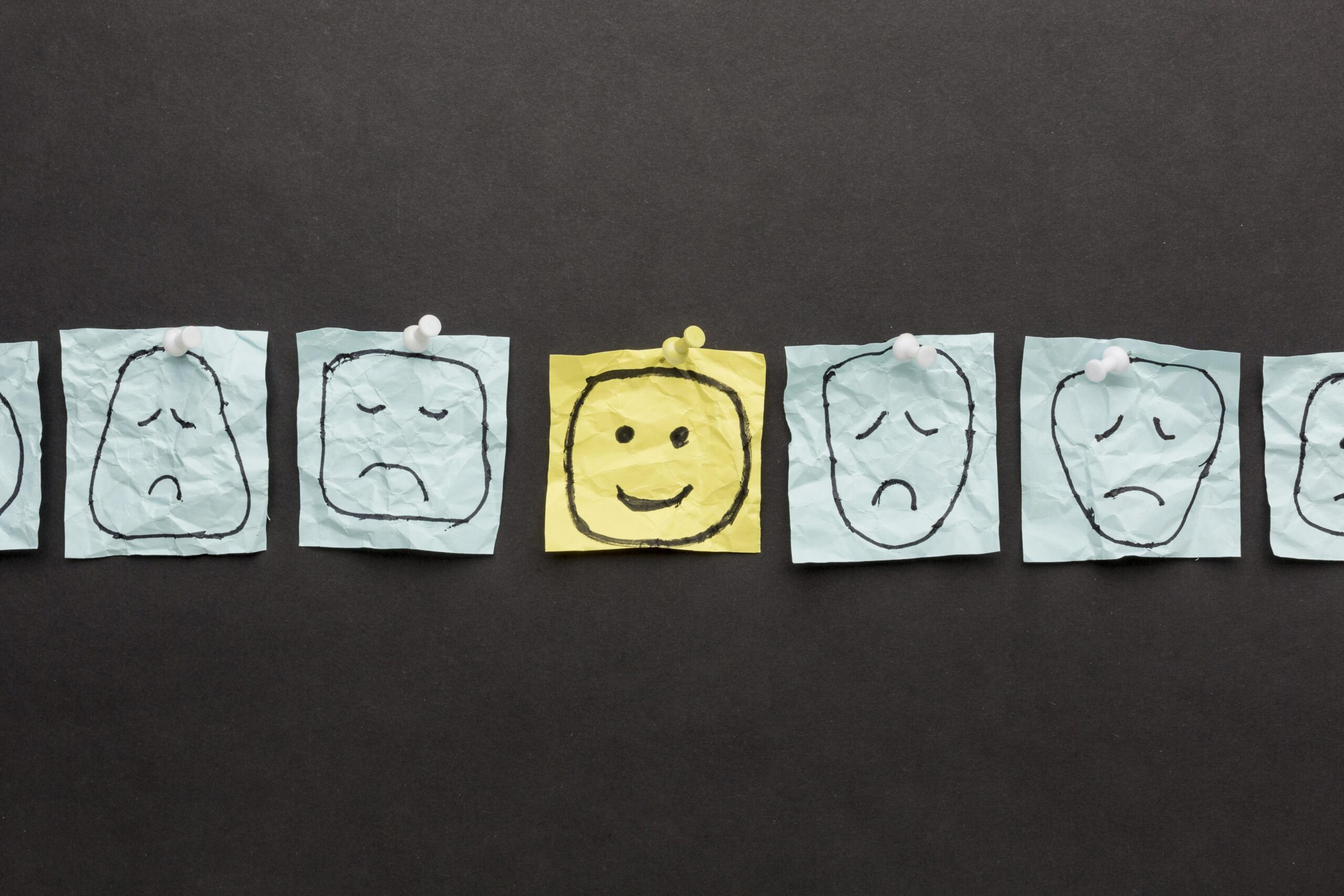
Experiencing mood swings, fluctuations in mood, or changes in emotional well-being as a side effect of steroids?
Here’s how to manage this
- Recognize that mood changes may occur as a result of steroid therapy. Accepting this possibility can alleviate anxiety and help you better cope with any mood fluctuations that arise.
- Maintain open communication with your healthcare provider about any changes in mood or emotional well-being.
- Engage in stress-reducing activities such as meditation, deep breathing exercises, or mindfulness practices.
- Increase our serotonin levels naturally via food, like nuts and seeds, good protein sources like poultry, lean meat, and clean whey in your diet.
- Indulge in your favorite hobby or activities that make you happy.
- Go for a walk, jog, or run. Exercise causes the release of endorphins, the feel-good hormones inside your body that can give you an instant high.
- Don’t hesitate to seek support from friends, family members, or mental health professionals if you’re struggling to cope with mood changes.
Muscle Wasting
Yes, those on steroids can also experience muscle wasting as a side-effect of the treatment. The likelihood of muscle wasting and steroid-induced osteoporosis increases if your treatment exceeds 3 months or consists of 3–4 courses of treatment per year with an oral dose of at least 5 mg steroid per day.
According to NCBI, glucocorticoids (steroids) have a direct catabolic effect on muscle, which is the breakdown of muscles. They decrease protein synthesis and increase the rate of protein catabolism leading to muscle atrophy. This may explain why a lot of people start to feel they’re putting on a lot of weight, but they already have a high fat percentage and they are just losing more muscle.
How to manage this?
- Train your muscles.
- Increase your protein intake.
- Explore branched-chain amino acids (BCAA) leucine supplementation or even 3 to 5 mg of creatine (under supervision)
- Omega-3 fatty acids
- Vitamin E
- Vitamin D
- Retinoic acid
- Vitamin C
- Minerals: Magnesium, Selenium, Calcium, Potassium
- Resistance, aerobic, and endurance exercises
- Eat quality protein (check with the doctor regarding amounts). You can get protein from fish, eggs, meat, milk, cheese, baked beans, and soy (if it suits you).
- Assess your deficiencies and try to get more of what you are deficient in, in the food you eat. If you don’t, sometimes your healthcare provider will use supplements. For instance, if you are vegan (where you may not be able to get your protein requirement from food) or vegetarian. You don’t use supplements because it’s the easy way. Remember, your primary source of vitamins and nutrients should always be food first, and the second option if that does not suffice, can be supplements, under professional guidance.
The big takeaway
We often come across people who have to be on steroids and use that as an excuse for excess fat, weakness, and pain. Yes, agree the steroid may have done that but what is it that you didn’t do? It is not right for us to become victims. You are now equipped with the knowledge of what you need to do to make it better. The question is how are you using this knowledge?
You can live a quality life with the right weight, and no blood sugar or blood pressure spikes when you manage these side effects the right way.
If you are taking steroids, don’t take them with fear or guilt. Take it with knowledge. What is it depleting? How can I put it back into my system? This is how you get better. If you build your nutrition and lifestyle in a way to manage side effects where you treat the root cause, you can live a quality life. This is the power of Integrative and Lifestyle Medicine.
It’s never against medicine but about using it the right way, so it doesn’t harm you and create more problems for you. You have more power over these side effects than you think you do. So, take your medications but also look closely at what you are doing over and above it to improve the quality of your life.
Disclaimer: The information in this blog is for educational purposes only and cannot replace medical advice. Please make an informed choice and keep your healthcare provider in the loop before trying anything new, especially if you are on medications or undergoing treatment.
ALSO WATCH THIS
Need personalized guidance to manage your condition and the side effects of steroids? We help you find a way.
Set up a call with our team to book a one-on-one chat with our integrative experts or explore more about our personalized holistic wellness programs here.
Get in touch with us by calling 1800 102 0253 or writing to us at info@lukecoutinho.com.
Shortcode:
|
From a pimple to cancer, our You Care Wellness Program helps you find a way Talk to our integrative team of experts today 18001020253 |

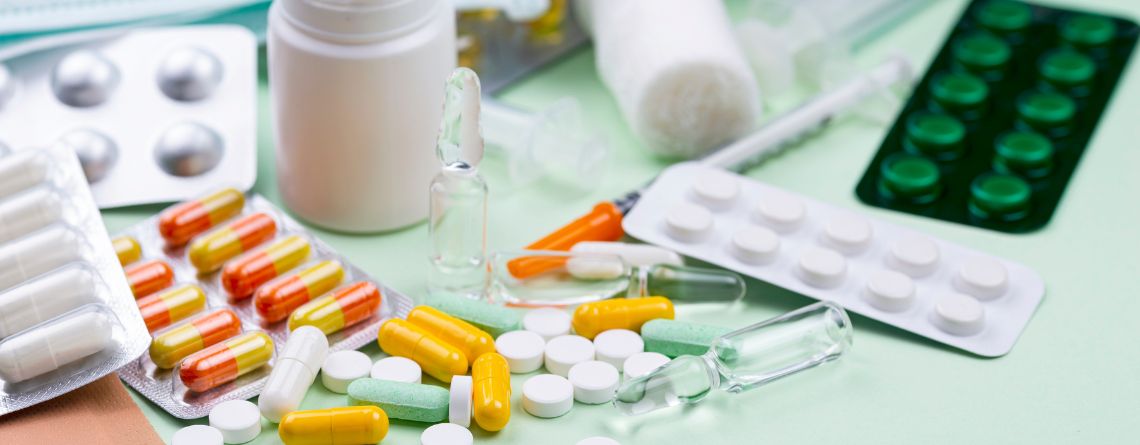





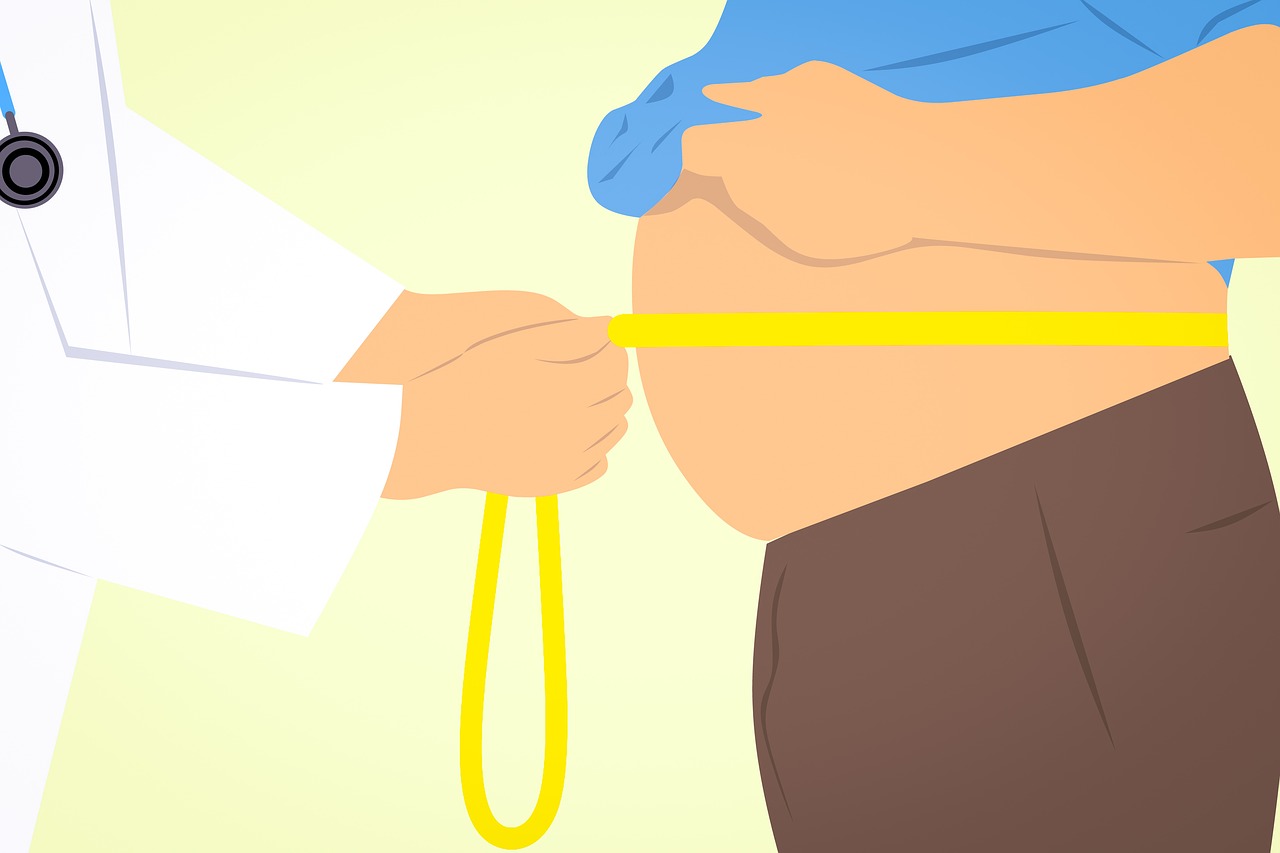

Leave a Reply